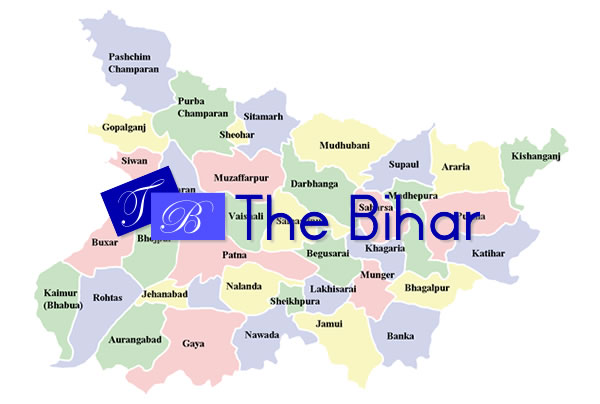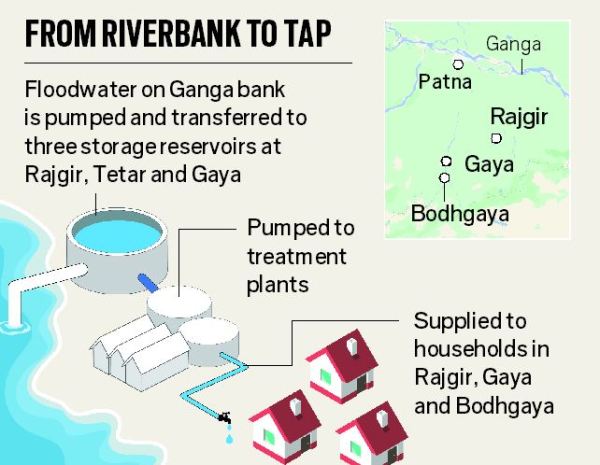Maggi noddles row: Chasing the celebrity
3 min read THE celebrity endorsement market in India is estimated to be over R3000 crore annually. The Maggi incident opens up an important question as to whether celebrities are liable for claims that they make in ads. Bollywood actor Madhuri Dixit received a notice from the Food and Drug Administration on claims made in the advertisements. A district court in Bihar also directed the police to register a First Information Report against Amitabh Bachchan, Madhuri Dixit and Preity Zinta, who have featured in the Maggi advertisements and arrest them if required.
THE celebrity endorsement market in India is estimated to be over R3000 crore annually. The Maggi incident opens up an important question as to whether celebrities are liable for claims that they make in ads. Bollywood actor Madhuri Dixit received a notice from the Food and Drug Administration on claims made in the advertisements. A district court in Bihar also directed the police to register a First Information Report against Amitabh Bachchan, Madhuri Dixit and Preity Zinta, who have featured in the Maggi advertisements and arrest them if required.
In the US, the Federal Trade Commission enforces rules that prohibit deceptive advertising practices. And when an advertiser stretches the truth too far, the FTC might also hold a product’s endorser partly responsible for the deception if they knew the ad to be untruthful, or if they provided testimony about a product that they themselves didn’t believe to be true. In India, there hasn’t been such a precedent.
While Shailendra Singh, joint managing director, Percept feels that bringing celebrities in the “legal loop” holds no merit and is just a ruse to get attention from the press, others such as Ramesh K Vaidyanathan, founder and managing partner of Advaya Legal assert that the celebrity involved is legally culpable. “The contract that the celebrity enters into–however watertight—is with the company concerned. In this case, it is a contract between Madhuri Dixit and Nestle India. But this doesn’t make Madhuri Dixit any less accountable before a law enforcement body,” he says. Vaidyanathan adds that celebrities need to do their own due diligence before entering into such contracts. “It is important to consult a specialist or a third party and determine the quality standards before signing up a brand contract. If it is a mobile phone they are endorsing, they can consult someone from IIT in order to verify the quality standards. Celebrities cannot afford to be careless about this—because it is their reputation on the line as well,” he said.
Former O&M NCD Abhijit Avasthi however argues that the same logic can be extrapolated to government officials, who by the same token are equally culpable because they allow such packaged foods to operate in the market. “Such action could then lead to a whole host of people in the chain being hauled up by the authorities which includes brand consultants, ad agencies, broadcast officials, etc. Next you will catch a man on the street that was encouraging his friend to try the product…the list would be endless.” Avasthi says.
Tripathy says that even if the celebrity is not legally culpable, he or she is morally responsible.
“Celebrity endorsement is a form of advertising where a celebrity uses her fame to help promote a product or service. Brands build and capitalise on borrowed equity to build credibility, recall and imagery. It is neither the responsibility of the celebrity nor her purview to get involved in the specifics or the quality of the product. That is the job of the company. So legally, and from a business point of view, the brand ambassador is not culpable at all for the quality of the final finished product,” he said.
Having said that, Tripathy adds the intangible reason for which the celebrity is recruited is what makes the celebrity morally liable. The intangible equity the celebrity brings to the table is the connect she has with the public, and the faith which the public places on her. “Celebrities as opinion leaders have a moral obligation that those who follow them do not get led down the wrong path. Hence, celebrities may be held responsible for what they are endorsing or not terminating their contract with the company post finding out the product claim was misleading.”
Ambi Parameswaran of FCB Ulka says when brands face a crisis, celebrities get some flak and the opposite is also true. “Celebrities face issues and brands suffer collateral damage. Both parties need to have suitable exit clauses, and avoid blame games. Should the stars be prosecuted? They don’t make the product. They only endorse it. Legally, I am not sure if they can be prosecuted. Also, who else will you include in the net?” he queries.
Courtesy: The Financila Express


